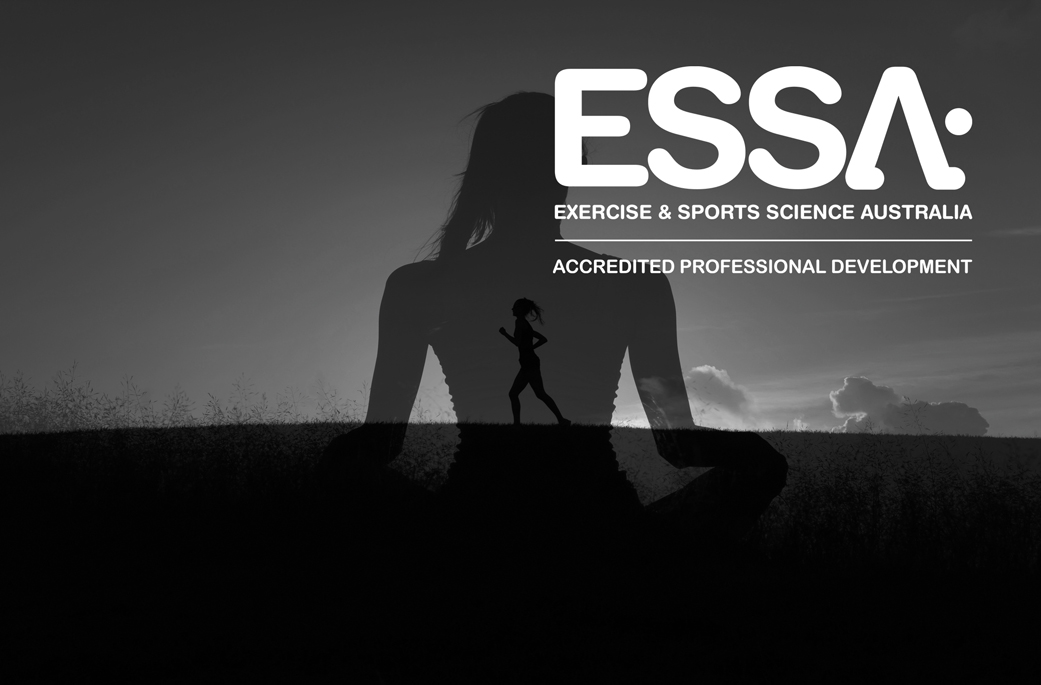The days of ‘set and forget’ when it comes to wellbeing are over.
Now, a more proactive approach is needed.
Employee Assistance Programs (EAPs) have long been thought of as the answer to a mental health or wellbeing crisis in the workplace.
Employees who are having issues can call and speak to a counsellor or psychologist and work through the issues they are having, with the hope that these issues will be resolved within the allowed appointment allocation (usually between 2-5 appointments per employee).
Whilst this has definite value in some cases, and the benefits of EAPs are not to be ignored, there are a great many limitations with this approach.
The limitations of EAP:
Low engagement levels – typical EAP utilisation rates are between 3-5%, which is far lower than the 20% of people struggling with mental health conditions and much, much lower than the amount of people struggling with their health and wellbeing in general.
Narrow focus – by dealing primarily with mental health issues, EAPs don’t often address other factors such as nutrition, activity, or injuries that can contribute to those issues.
High barriers to engagement – there are several steps involved in actually speaking to an EAP psychologist and this can often be put into the ‘too hard basket’ and cause employees to give up on contacting them.
Stigma – employees may not feel comfortable contacting a service specifically for mental health support, as they may feel some embarrassment or may not feel like they need that level of intervention.
Lack of connection – employees are essentially calling a stranger to put them in touch with another stranger whom they are expected to open up to over the phone.
Crisis management, not early intervention – once an employee gets to the stage where they are ready to call and EAP, their issue has usually progressed to something more serious.
Poor communication of availability – the services and contact protocol of most EAPs are often unknown to staff and they may not even be aware that it’s an option for them.
Limited access – typical EAPs have an allocation of between 2-5 sessions per employee, which is often enough to calm an employee in the moment but not enough to instil any lasting lifestyle interventions to aid them long-term.
Even with these limitations, EAPs have been shown to do some great work, particularly in crisis intervention for employees and giving them a safety net when things get too much to handle, but there is a more proactive approach available.
Workplace Wellbeing Specialists are health professionals who work exclusively in workplaces to improve the health and wellbeing of all involved.
They are typically engaged on a regular basis (daily, weekly, fortnightly or monthly), coming into the workplace virtually or in person to cover all aspects of health and wellbeing, and have some distinct advantages over a traditional EAP.
How workplace wellbeing specialists are different:
They’re more holistic – workplace wellbeing specialists deal with mental health concerns, but they also look at the person as a whole and address lifestyle issues, exercise and nutrition, sleep, productivity, injuries, relationships and the myriad other factors that make up wellbeing.
They are highly engaged – because they’re constantly in front of staff and offer such a broad range of services, engagement levels can range anywhere from 30-90%, depending on the workforce and how often the specialist attends.
They form real bonds – a single workplace wellbeing specialist is dedicated to an organisation and so gets to know the people, the processes and how things work, allowing them to form strong connections with the people in their care.
They focus on prevention, rather than crisis management – prevention is the mandate of a workplace wellbeing specialist, and due to their consistent engagement and ease of access, they can usually address wellbeing matters before they progress into issues.
They provide ongoing care – there is usually no limit to the amount of times a person can come and see a workplace wellbeing specialist, so ongoing care and support is guaranteed.
They’re highly visible – workplace wellbeing specialists are on-site interacting with staff members in their consultation room, in the break room, in presentations, on the phone, via emails and on Slack channels so it’s impossible not to know they’re there and available.
They pivot with needs – workplace wellbeing specialists have their finger well and truly on the pulse of the workplace and can provide advice on how an organisation can pivot its approach to wellbeing to suit the needs of their staff in real time.
They offer more casual support when needed – not everyone needs a psychologist to help them, sometimes all people need is someone to listen to them. Workplace wellbeing specialists excel at this and can be a confidential support for employees to utilise when they need to.
They lower the barriers to help-seeking – all staff need to do to engage with their workplace wellbeing specialist is send them an email, give them a call or walk down the hall and stick their head into the consultation room (on work time), essentially lowering the barriers to help-seeking to pretty much zero.
They can refer where needed – in cases where a psychologist is required, a workplace wellbeing specialist can connect staff to a trusted source (much like an EAP would) on a pay-per-use basis rather than an ongoing fee.
They reduce stigma – calling an EAP means admitting to a mental health issue, which is tough for most people, whereas going to a workplace wellbeing specialist could be for anything. Even if that person does want to discuss their mental health, they can do it in the context of their holistic wellbeing, which is a much easier step to make.
Whilst EAPs have their uses and they undeniably do help people, they are not a proactive approach to wellbeing and do have a number of limitations.
Workplace wellbeing specialists, on the other hand, are designed for proactivity and have a strong and measurable impact on employee wellbeing in real time.
In short, EAPs are the past and workplace wellbeing specialists are the future, and the future has never been more accessible.
Want more info? Book in for a free chat here or send us an email at [email protected].
Question
Do your staff see EAP as an impactful resource?
How much impact could a dedicated wellbeing specialist have instead?







